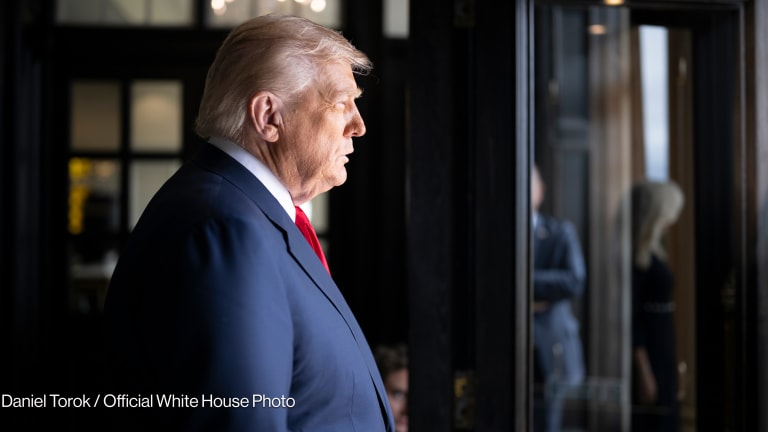
Concern is growing within the development community regarding the fate of the U.S. Agency for International Development as persistent delays continue to characterize the schedule of the U.S. administration’s major development policy reviews.
“Eighteen months into the administration, the federal government remains abysmally organized to address Haiti, Pakistan and other development challenges,” Nancy Birdsall, president of the Center for Global Development, said July 15 in an open letter to key U.S. officials involved in the reviews. “When it comes to global development, I’d give President Obama and his top advisors an A for strategic vision and a big fat F for failure to get on with it.”
In her letter addressed to Secretary of State Hillary Clinton, National Economic Council chairman Larry Summers and National Security Adviser Jim Jones, Birdsall argued that USAID should be given policy and budgetary authority and accorded cabinet-level status.
Josh Rogin, of the The Cable blog, notes that disagreements over USAID’s level of independence have been a contributing factor to delays in the administration’s development policy review schedule.
The Presidential Study Directive on Global Development is being delayed by disagreements between the State Department and the White House over the division of power on development, according to Rogin.
“Clinton, our sources report, refused to sign off on the PSD because she disagreed with that document’s determination that USAID should be the lead agency in charge of individual development missions in the field,” he says.
Meanwhile, the interim version of the State Department’s Quadrennial Diplomacy and Development Review was never released, as Devex reported. Rogin says there is growing concern that the report may not be ready by its September deadline.
Among the causes of this concern are the impending departures of Deputy Secretary of State Jack Lew, who has been tapped to head the Office of Management and Budget, and Director of Policy Planning Anne-Marie Slaughter, who is expected to return to Princeton University by the end of the year.
USAID’s Independence
Birdsall is not the only development expert to make a case for giving USAID more authority and independence.
“”The Obama administration is doing smart and creative things to help hungry and poor people around the world. But they are hung up by organizational confusion, and the president needs to make it clear that USAID, not the State Department, has lead responsibility for development,” David Beckmann, president of the Modernizing Foreign Assistance Network, said according to Rogin.
As Birdsall noted, a draft legislation circulated by the House Foreign Affairs Committee “takes the first two steps” by giving USAID more authority over U.S. development policy. The State department is reportedly not happy with the draft.
Congress, however, is also being targeted by criticisms from the development community for its recent cuts to foreign assistance budget.
Former USAID administrators have argued that Congress should not subject USAID to budget cuts as it deliberates fiscal 2011’s budget, as reported by Devex.
Key house appropriator Rep. Nita Lowey (D-N.Y.), meanwhile, has emphasized the fact that the 2011 budget her foreign and state operations subcommittee approved was USD4 billion more than the 2010 enacted level.








